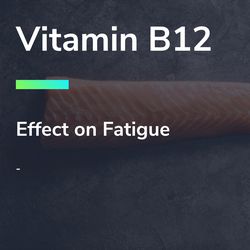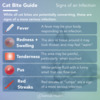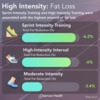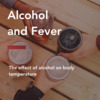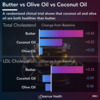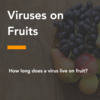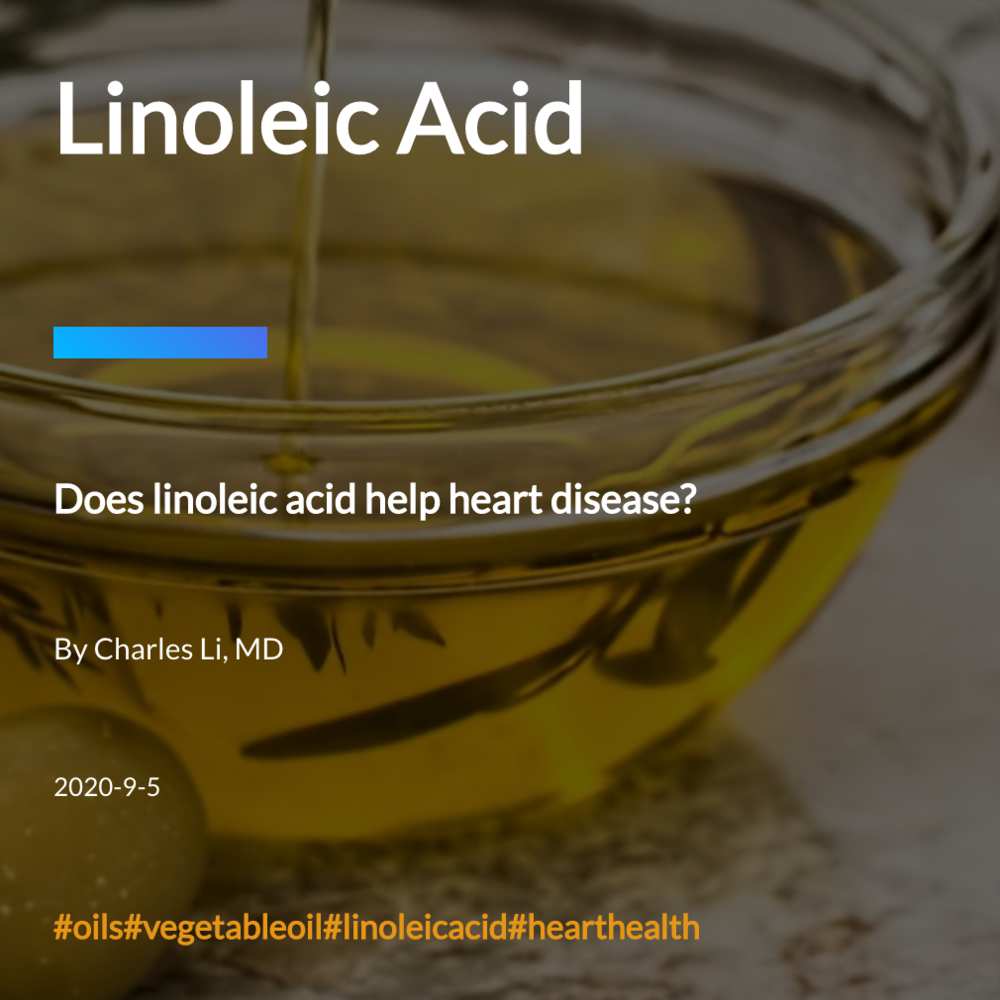
Key Points

1. Linoleic Acid Is better than butter
Replacing saturated fat with linoleic acid likely reduces your risk of heart disease.

2. Heart Disease Matters
This is a pretty big deal since heart disease kills more than any other cause.

3. Calories still matter
However, this doesn't mean you should drink oil. The studies only point to benefits with caloric replacement. This means that you really only see the difference if you eat more foods with linoleic acid, while eating less butter.
What is Linoleic Acid?
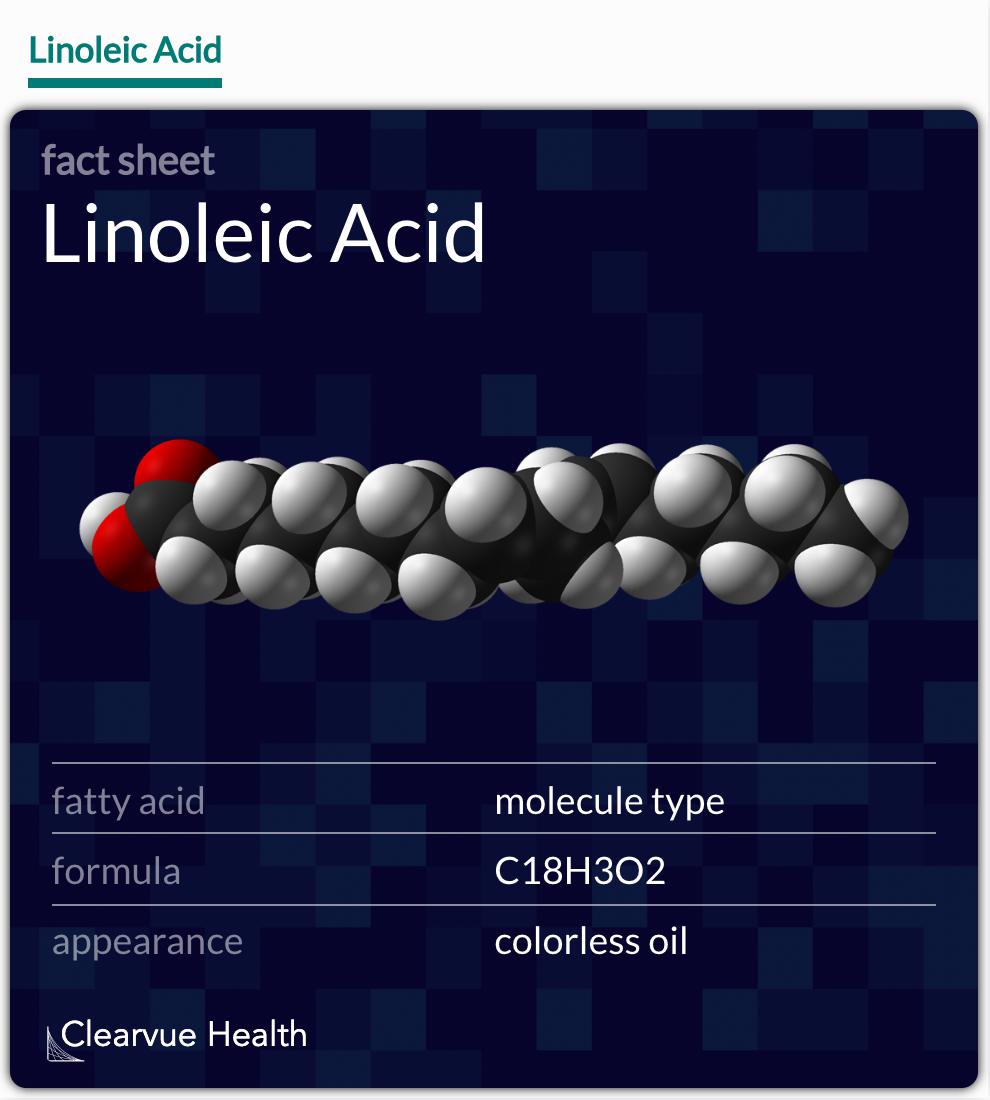
What is Heart Disease?
how it forms





Over time, your arteries accumulate fatty plaques on their walls. This plaque in your blood vessels causing them to narrow. Blood clots can get stuck in your narrowed blood vessels. These blood clots can cut-off your heart's blood supply causing a heart attack
The Link
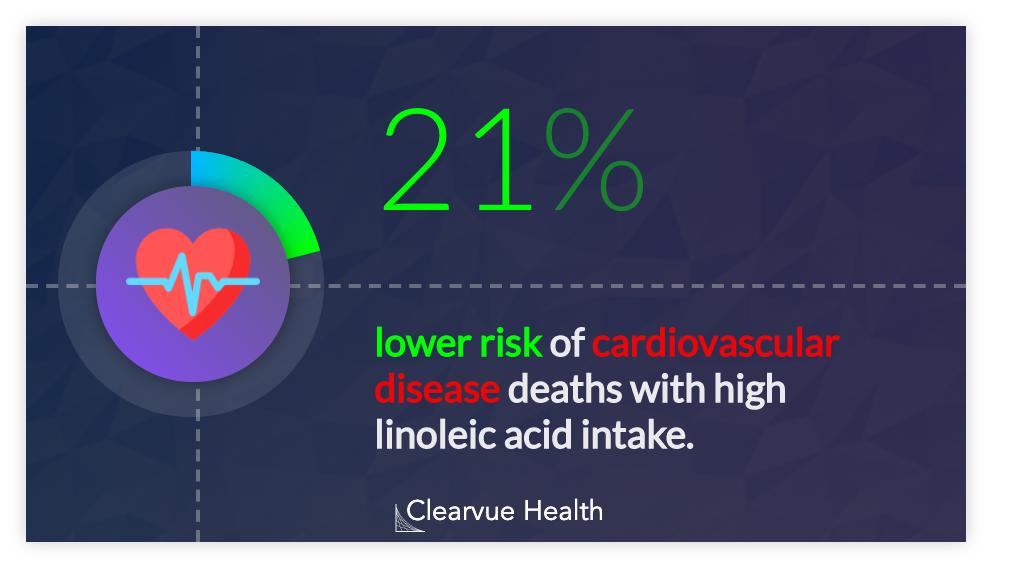
Those who consume a high amount of linoleic acid in their diets have a 21% lower risk of dying from heart disease compared to those who consume the least linoleic acid.
Study Results
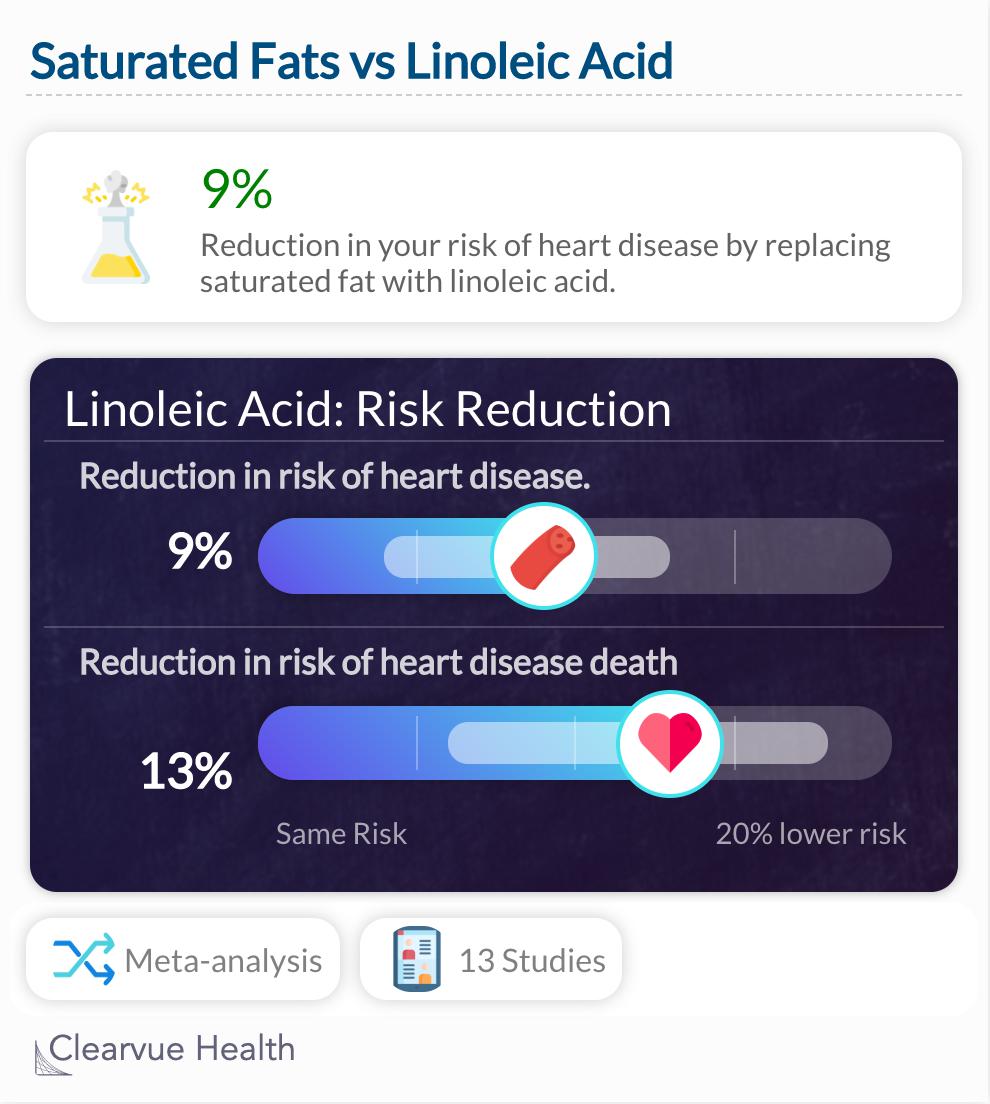
The study found that eating more linoleic acid lowers the risk of heart disease and lowers your risk of dying from heart disease. Researchers combined data from 13 studies covering 310,602 patients to create this estimate. Both results were highly significant.
Data Source
" In prospective observational studies, dietary LA intake is inversely associated with CHD risk in a dose-response manner. These data provide support for current recommendations to replace saturated fat with polyunsaturated fat for primary prevention of CHD."
The Bottom Line

#hearthealth
Scroll for more ->

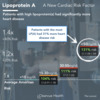
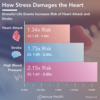

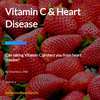
#oils
Scroll for more ->
#linoleicacid
Scroll for more ->
#new
Scroll for more ->
